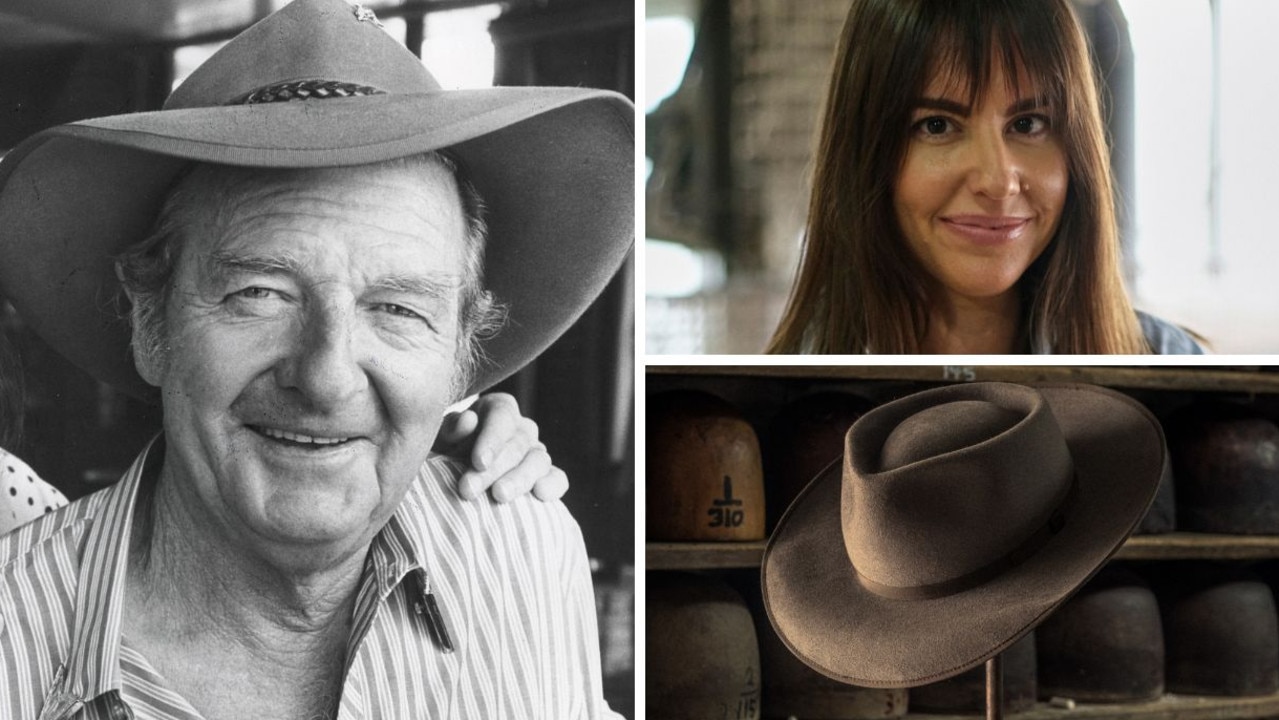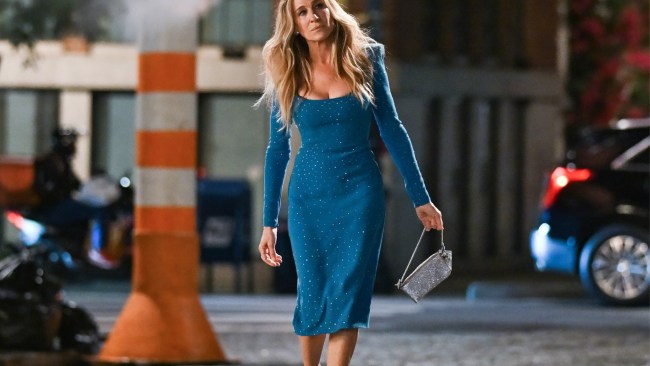A shopping philosophy to help you dress better
Starting with shopping probably isn't going to make you happy!
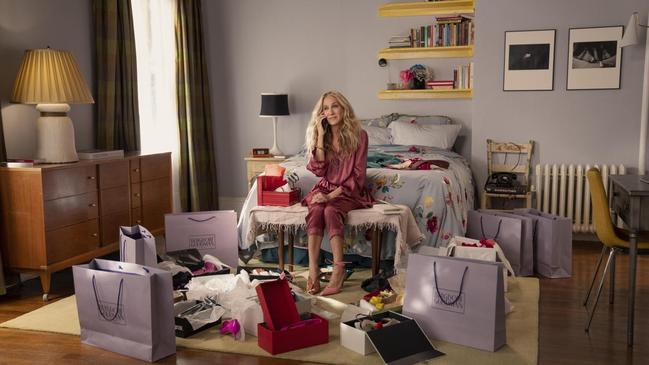
Fashion
Don't miss out on the headlines from Fashion. Followed categories will be added to My News.
Starting with shopping probably isn't going to make you happy!
There’s a paragraph in French author Annie Ernaux’s memoir The Years that captures the kind of deranged out of body feeling shopping can give you.
Sign up to the Vogue newsletter
In it Ernaux is strolling through a department store, looking at the clothes and is visited by “a series of fantasies which flare up and fade—a Chacock sweater, a Carroll cardigan, a demure pleated dress; images of me file by, in blue, in red, with a V-neck, continually forming and drifting apart. I feel I am being assaulted by shapes and colours, torn apart by these bright things, scores of them, which we wrap around our body.”
Later she leaves the store and realises “I didn’t need a jersey, or a dress, or anything.”
Shopping, especially now when everything is available all the time and the trend cycle is insanely fast and maybe people are feeling empty because of the collapse of real community and they don’t go to church anymore (etc!), offers us promise. Who could resist the promise of reinvention, of escape, of being simply better?
As Alex Leach, a former fashion editor and now a sustainability advocate and author of the brilliant and galvanising new book The World is on Fire and We’re Still Buying Shoes writes, at the heart of fashion, of all this shopping, is optimism.
“When we get dressed, we’re building an idealised self, and when we step out of the door, we present that fantasy self to our peers.”
The promise of this supposed self, just out of grasp, is why we can be gripped by the desire to buy a new outfit for a date, to find the exactly perfect white shirt that will transform, the obsession with possessing unimpeachable personal style—which can be a great way to figure out what you like and don’t but can sometimes be too borrowed on for size.
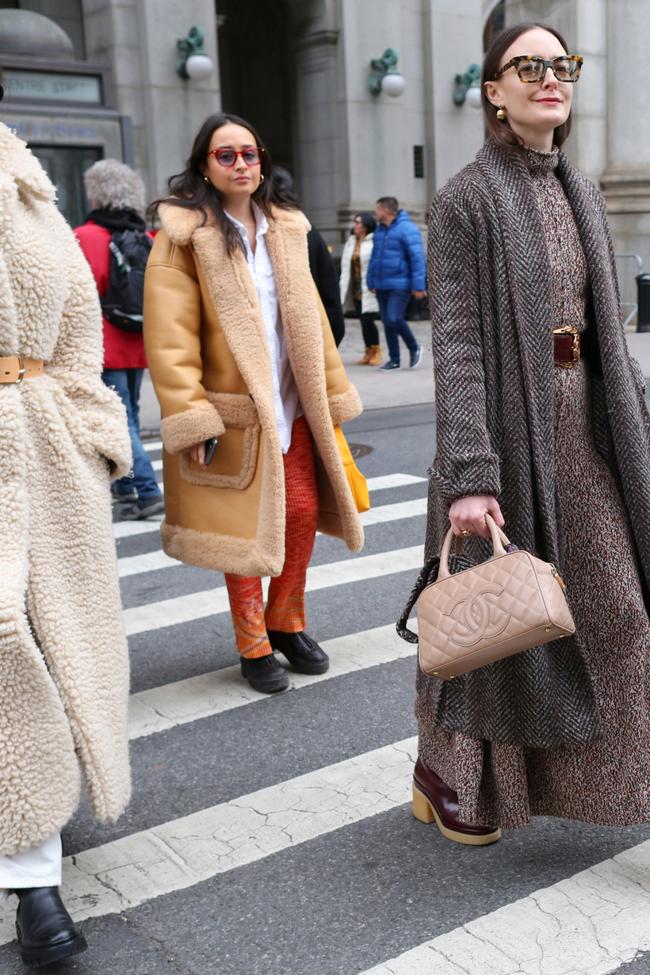
As Leach writes, “Shopping gives us hope for the future, yes, but it also distracts us from the present where our problems are very real.”
Scrolling through the Net-a-Porter sale at night, a dangerous pastime, is a flit through all the selves I could be—dancing on a table in a feathered crop top, monastically chic in all The Row, could I pull off a pair of Tabis??
Sign up to the Vogue newsletter
Ultimately, what people are buying, what brands are selling, what the likes of ad man Don Draper in Mad Men always knew, is happiness. ”Advertising is based on one thing, happiness,” Draper says in the show. Another time he says, “What is happiness? It's a moment before you need more happiness.”
If you think about all of the clothes in your wardrobe, some bought on impulse or because you trim your life of its follies and spills and lead the pious life of a beige influencer or because you were sad, did they make you happy? Maybe for a moment, but mostly it doesn’t last.
There are so many reasons why we shop for clothes, and yes sometimes because we need them. But there are also deep seated psychological ones like seeking status and as Leach notes in the book, hedonic adaptation—when we get used to our little treats and seek out more, and Impact Bias, where we underestimate how long we will have the feelings that we do about the things we buy. I.e. you buy the absolute last boxy blazer you will ever need because it’s perfect…. Until you find another one that is absolutely going to change the way you move through the world.
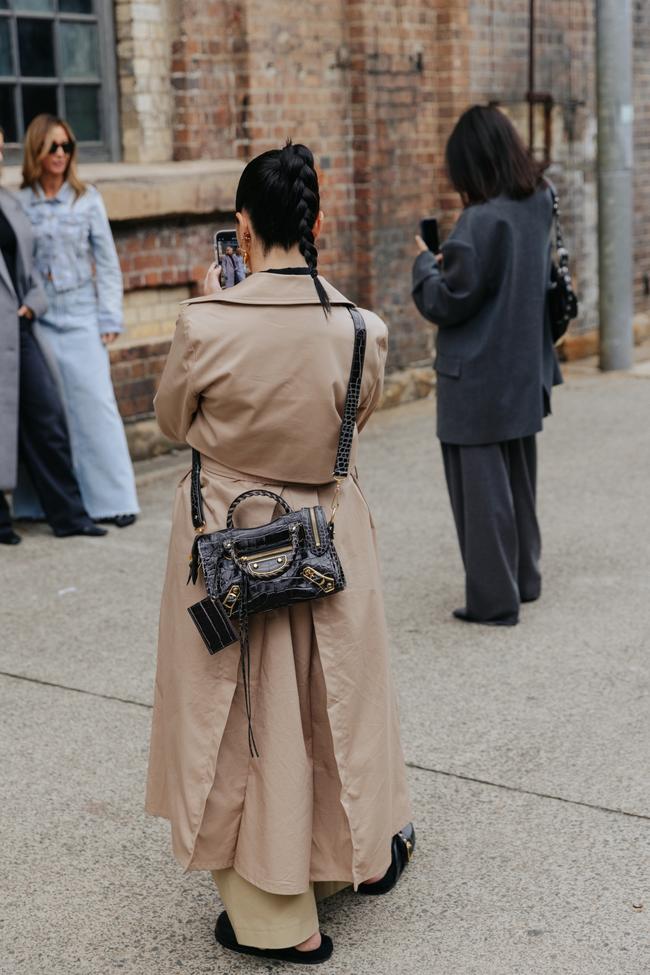
So what can we do to be a better shopper both practically and philosophically?
Prue Webb, co-founder of personal styling service The Wardrobe Edit, says a wardrobe full of clothes and nothing to wear tells us a lot. Mitigating this, she says, comes down to taking some time to really think about why you’re buying something.
“Do your research. Know what you need before you shop. Purchase quality over quantity every time, as these are the pieces that will last, and you will wear time and time again,” she says.
Sign up to the Vogue newsletter
Webb doesn’t think buying yourself something to cheer yourself up is always a bad thing (“it’s not called retail therapy for nothing”) but suggests doing a quick ‘scan’ to see if the feeling is real.
“Shopping can be a mood-enhancer and, when I find something that I love and I feel that ‘flutter feeling’, I try to do a quick mental scan of my wardrobe to work out the pieces it will go with, to then justify the purchase!” she says.
Mostly, as Leach mentions in the book, being a better shopper will invariably come down to some version of buy less and buy better. He also suggests we think about shopping as a bingo card, if you want to win at it you need to tick off a few things on the list. This might include things like clothes being responsible, maybe they’re second-hand, they definitely have longevity—in both design but also how you’re going to feel about them.
Something that can get lost in all the discourse about how it’s essential to find your own personal style and stick to it is that taste is just things that you love. It’s finding ways to style pieces in a way that you like. It’s not copying other people, or having the ‘right’ things or being able to sum up your style in one sentence and never straying from this—most of us are not Steve Jobs and that’s OK!
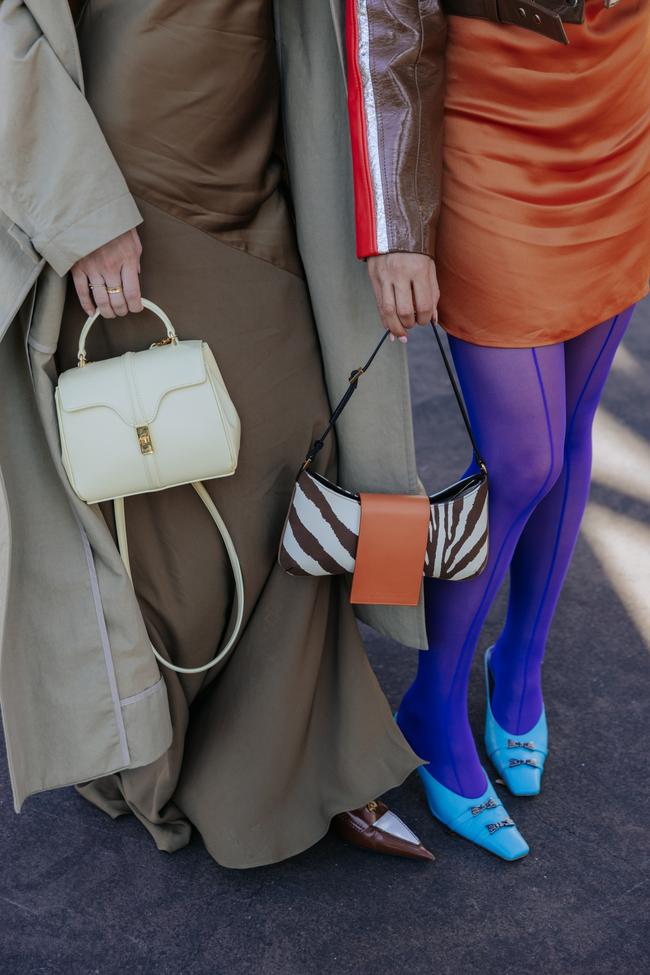
But slowing down, trying to resist the impulse purchase urge, or at least asking yourself why you really want it, not mistaking shopping for fulfilment is a good start. So is truly loving, maybe even irrationally, the things you buy.
As Annie Ernaux writes in another of her books (every Annie Ernaux book I own is intensely dog-eared) there is a beauty in loving our things. On a train Ernaux observes how a woman unwraps her new parcels, a blouse, a pair of earrings and “touches them lovingly”.
As Ernaux notes of the connection we can feel, should feel to our things—maybe especially such an intimate thing as our clothes, “It’s a common enough scene: happiness at possessing something beautiful, at seeing one’s longing for beauty satisfied. Our relationship to things is so moving.”
Sign up to the Vogue newsletter
Originally published as A shopping philosophy to help you dress better

